The myth of unlimited production brings war in its train as inevitably as clouds announce a storm
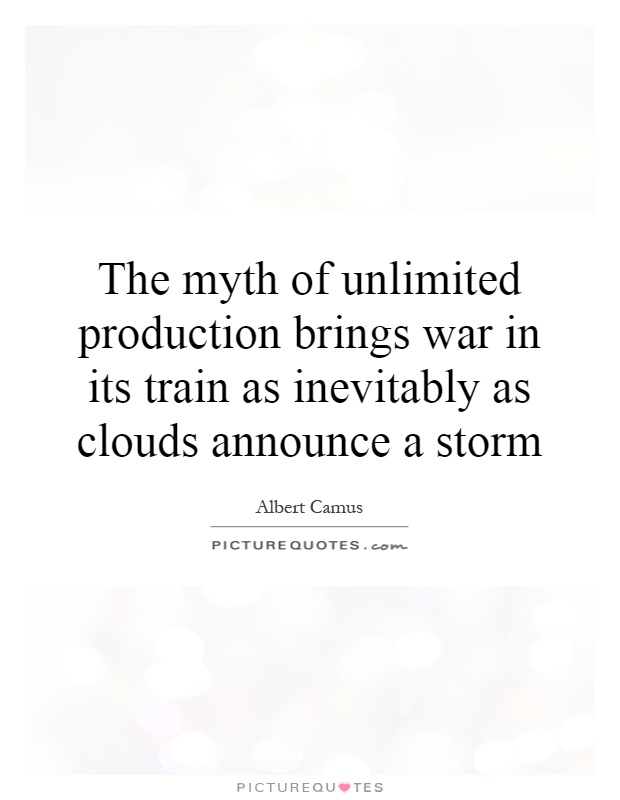
The myth of unlimited production brings war in its train as inevitably as clouds announce a storm
Albert Camus, a French philosopher and writer, was known for his existentialist views on the human condition and the absurdity of life. In his works, he often explored the consequences of human actions and the impact of societal beliefs on individuals. One of the themes that Camus frequently touched upon was the destructive nature of the pursuit of unlimited production and its connection to war.The quote, “The myth of unlimited production brings war in its train as inevitably as clouds announce a storm,” reflects Camus’ belief that the relentless drive for economic growth and material wealth ultimately leads to conflict and violence. In a world where resources are finite and competition is fierce, the quest for unlimited production can create a sense of scarcity and insecurity, fueling tensions between nations and individuals.
Camus argued that the belief in unlimited production is a dangerous illusion that can have devastating consequences. When people are driven by greed and the desire for more, they are willing to exploit others and the environment to achieve their goals. This mindset can lead to exploitation, inequality, and ultimately, conflict.
In Camus’ view, war is the inevitable outcome of a society that values production and consumption above all else. When nations compete for resources and power, they are willing to resort to violence to secure their interests. The myth of unlimited production creates a cycle of destruction and suffering that perpetuates itself, leading to further conflict and bloodshed.
Camus believed that the only way to break this cycle was to reject the myth of unlimited production and embrace a more sustainable and equitable way of life. He argued for a society based on solidarity, compassion, and respect for the natural world. Only by recognizing our interconnectedness and working together to create a more just and peaceful world can we hope to avoid the destructive consequences of the pursuit of unlimited production.

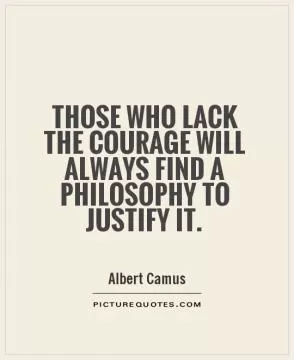


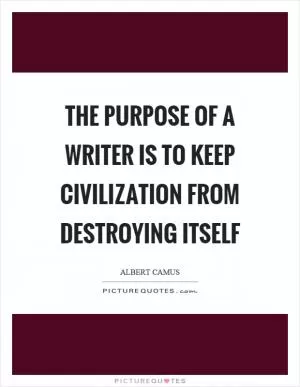
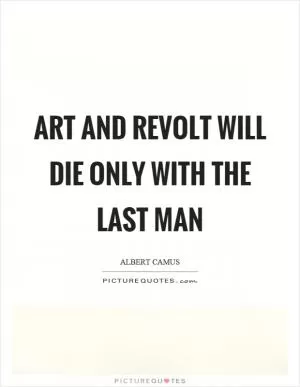

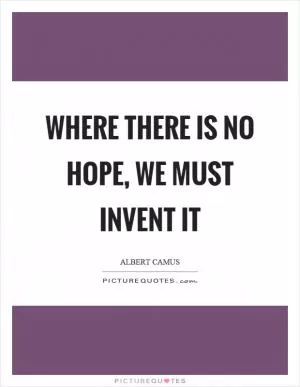



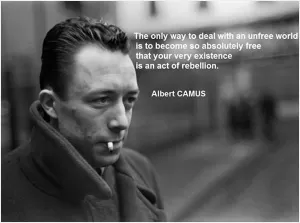
 Friendship Quotes
Friendship Quotes Love Quotes
Love Quotes Life Quotes
Life Quotes Funny Quotes
Funny Quotes Motivational Quotes
Motivational Quotes Inspirational Quotes
Inspirational Quotes